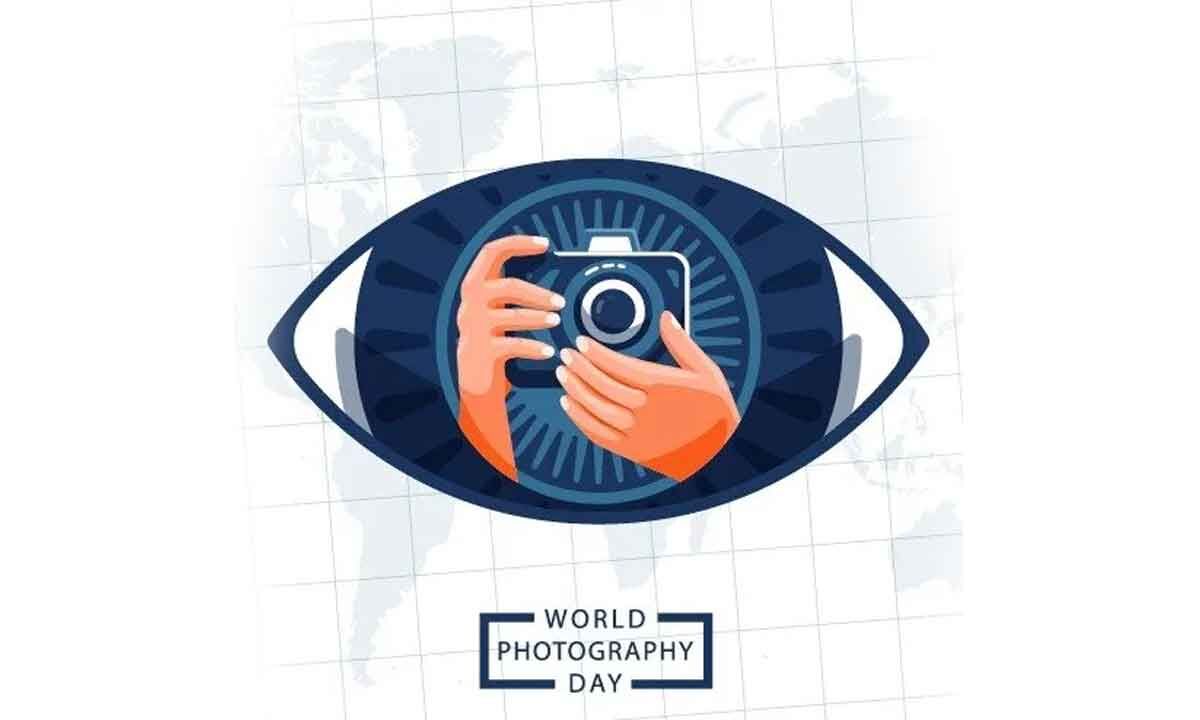[ad_1]
In today’s fast-paced world, where moments pass in the blink of an eye, photography is a timeless art form, freezing fragments of time for us to revisit and treasure. World Photography Day, celebrated annually on August 19, honours the invention of the daguerreotype, one of the earliest forms of the photographic process, by Louis Daguerre and Joseph Nicephore Niepce, in 1837. It was a turning point in the lives of many photographers of that time and paved the way for the development of many different types of photography.
On January 9, 1839, the French Academy of Sciences officially approved the daguerreotype. Seven months after this, the French government purchased the patent for the device on August 19, 1839. The invention of the daguerreotype was called “a gift to the world” and was made freely available to all.
This day is not only a tribute to the technological advances that have revolutionised how we capture photos and share moments of our lives but also a celebration of the art and creativity behind the lens.
First-Ever World Photography Day
The origin of World Photography Day dates back to August 19, 2010, when Australian photographers Korske Ara and Tim Harvey launched the initiative—this day hosted its first global online gallery. More than 270 photographers shared their photos, and photo enthusiasts from over a hundred countries visited the official website, marking the first official World Photo Day to hit the global stage.
The aim was to encourage people to share their world through a lens and appreciate the impact of photography on society. Since then, the day has gathered momentum, with enthusiasts, professionals, and hobbyists taking part in exhibitions, competitions, and workshops worldwide.
According to the World Photography Day website, it’s the worldwide celebration of all kinds of photography, but each year, people also have an optional theme to focus on. The theme of World Photography Day 2023 is “LANDSCAPES”.
Exploring Different Types of Photography
Photography is a diverse field, encompassing various genres that suit different artistic pursuits and practices. While it’s extremely difficult to divide the art of photography into specific categories based on a single factor, here are some of the more prominent types of photography:
1. Portrait photography
Capturing the essence and personality of individuals or groups, portrait photography seeks to convey emotions and stories through human expression.
2. Landscape photography
From panoramic vistas to intimate scenes of nature, landscape photography focuses on capturing the beauty of the natural world.
3. Street photography
This genre documents everyday life in public spaces, often highlighting candid, unposed moments of people and their surroundings.
4. Macro photography
Macro photography delves into miniatures, showing intricate details of tiny subjects such as insects, flowers, and textures.
5. Fashion photography
Fashion photography combines style, aesthetics, and storytelling, often associated with glamorous images of models and couture.
6. Wildlife photography
Wildlife photographers defy nature to capture stunning images of animals in their natural habitats, raising awareness of biodiversity and conservation.
7. Architectural photography
Focusing on buildings, structures, and urban landscapes, architectural photography emphasises form, lines, and visual design.
8. Documentary photography
Documentation photographers aim to raise awareness of important issues and events by documenting reality and conveying social messages.
9. Astrophotography
By capturing celestial bodies such as stars, planets, and galaxies, astrophotography reveals the beauty of the cosmos.
Digital Era and Beyond
In recent years, the advent of smartphones with high-quality cameras has democratised photography, making it accessible to almost everyone. Social media platforms have also been critical in shaping how we share and interact with visual content. As technology continues to evolve, innovations like drone photography, virtual reality, and AI-assisted image editing are pushing the boundaries of what’s possible.
[ad_2]
